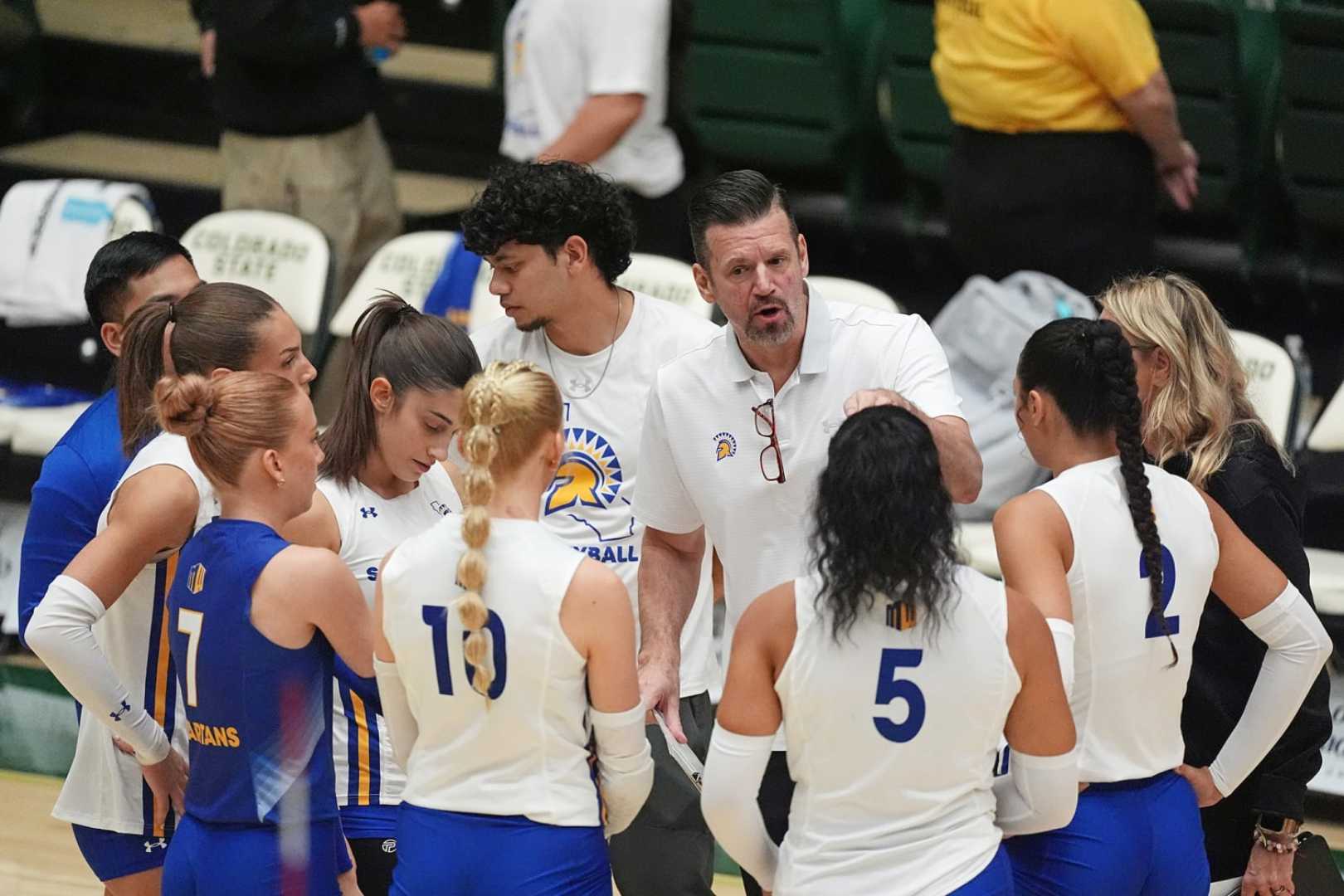Sports
San Jose State Volleyball Controversy Sparks National Debate on Trans Athletes

BOISE, Idaho — A heated debate over transgender athletes in women’s sports has intensified following testimonies at a state legislative hearing in Boise, Idaho, on Thursday. The hearing focused on the Fairness in Women's Sports Act, proposed by state representative Barbara Ehardt, and highlighted the controversy surrounding San Jose State University‘s volleyball team, which rostered transgender athlete Blaire Fleming during the 2024 season.
Multiple players from San Jose State’s volleyball team have filed a lawsuit against the university and the Mountain West Conference, alleging that the school withheld information about Fleming’s biological sex and gave her a roster spot and scholarship over female players. The lawsuit claims the situation caused emotional and financial harm to the team. Despite the controversy, Fleming led the Spartans to the Mountain West Championship game, though eight matches were forfeited by opponents, including a conference tournament semifinal.
Boise State University‘s women’s volleyball team was praised during the hearing for forfeiting three matches against San Jose State. Idaho Representatives Brent Crane and Barbara Ehardt introduced a resolution to honor the team for “standing with the idea of keeping women’s sports for women only.” Ehardt stated, “They demonstrated true integrity by sticking with their principles and saying it’s not right to play against a biological male, and it’s not safe.”
Riley Gaines, a former NCAA swimmer and advocate for women’s sports, testified at the hearing, sharing accounts from players who felt pressured to remain silent. “They were emotionally blackmailed into believing they were the problem,” Gaines said. “These girls were terrified to stand up for themselves.”
April Cheney, a parent of a Mountain West Conference player, also testified, condemning schools that did not forfeit matches against San Jose State. “NCAA president Charlie Baker, Mountain West commissioner Gloria Nevarez, and all the Mountain West college presidents and athletic directors who did not boycott, you failed to protect women’s sports,” Cheney said.
San Jose State University released a statement defending its actions, stating, “All San Jose State University student-athletes are eligible to participate in their sports under NCAA and Mountain West Conference rules.” However, the controversy has led to a mass exodus of players from the volleyball program, with nearly every eligible player entering the transfer portal.
The hearing also addressed allegations that players at the University of Nevada, Reno, were threatened with legal action if they refused to compete against San Jose State. Marshi Smith, co-founder of the Independent Council on Women’s Sports, claimed that players feared retaliation for speaking out. “They’re often terrified of losing scholarships or being kicked off their teams,” Smith said.
As the debate continues, the resolution honoring Boise State’s volleyball team is expected to move forward, though it will not have legislative impact. The controversy has reignited discussions about fairness, safety, and inclusion in women’s sports, with advocates on both sides calling for policy changes at the NCAA and conference levels.












